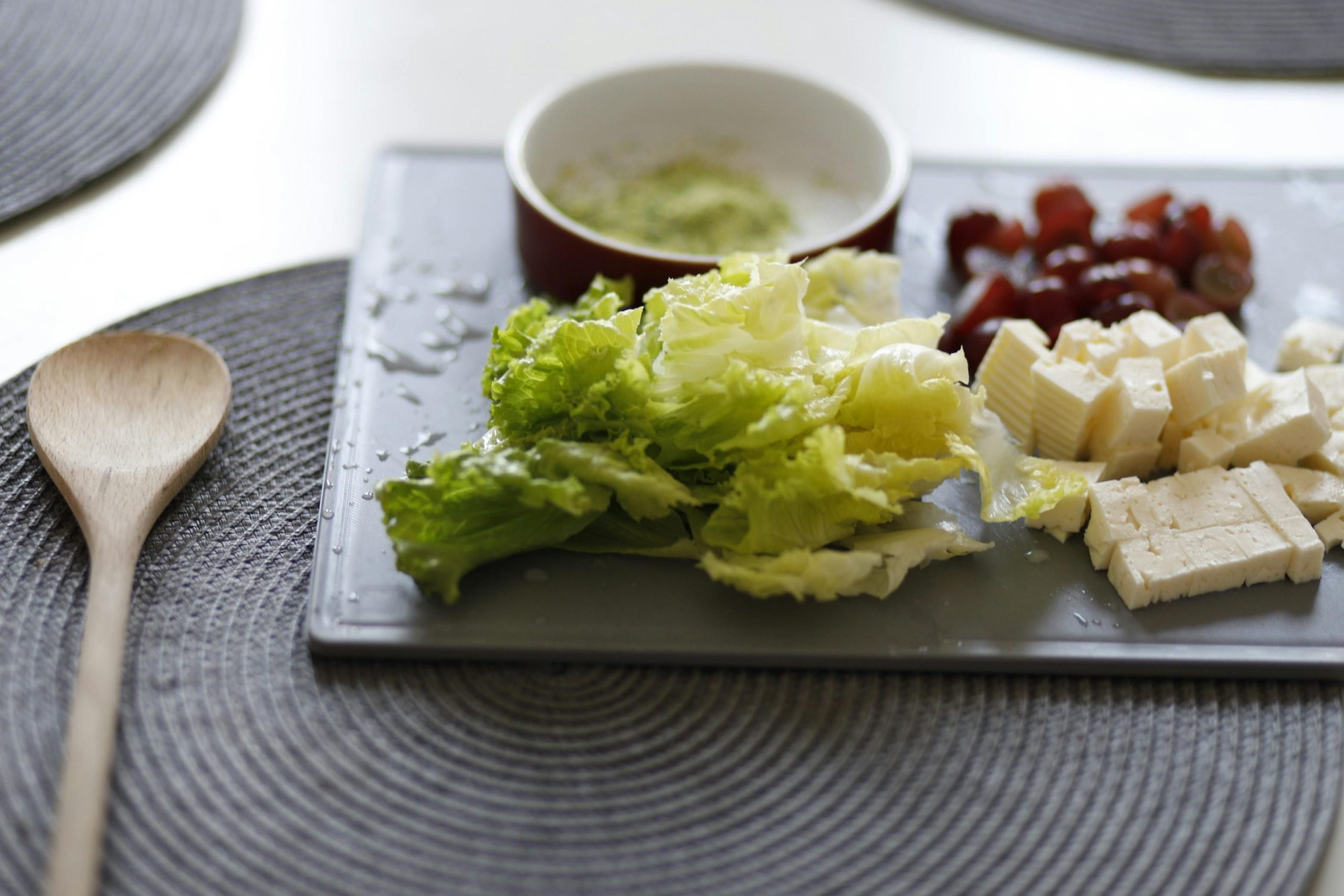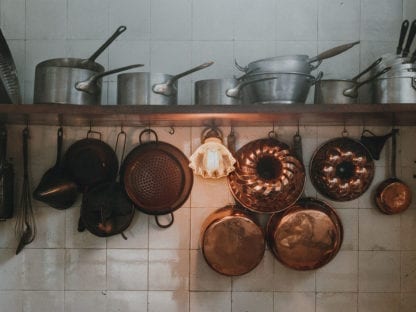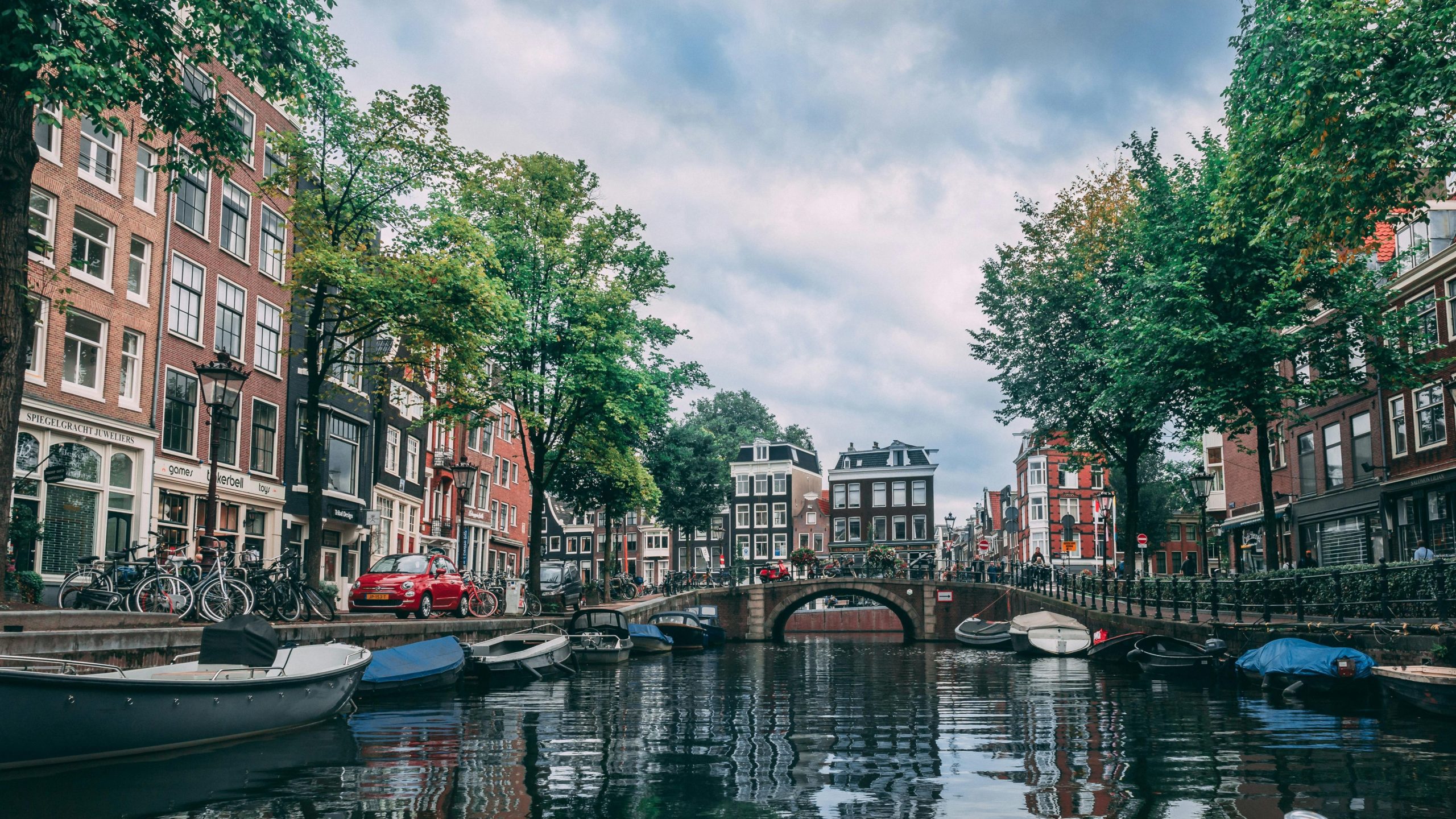Ever wondered how to truly immerse yourself in a new culture while travelling?
Often, the essence of a place lies not just in its sights but in its flavours, which many miss out on.
A culinary tour is a travel experience focused on exploring a destination through its food, involving everything from visits to local producers to hands-on cooking classes with renowned chefs.
In this article, we’ll delve into what culinary tours really mean, their benefits, the various types available, and how they significantly enhance the travel experience by connecting you deeply with local cultures and cuisines.
Understanding Culinary Tour Meaning: What Are They?
A culinary tour, often perceived as a mere food tasting or restaurant hopping, is actually a deeply immersive experience that encompasses much more. These tours are designed to provide a comprehensive understanding and appreciation of a destination’s culinary culture. Participants engage in activities like visiting local farms, participating in cooking classes led by local chefs, and discovering hidden gastronomic gems. This holistic approach ensures that travelers not only taste but also understand the history and tradition behind each dish.
The essence of a culinary tour lies in its ability to connect participants with the local community through food. It’s not just about eating; it’s about learning and experiencing the culinary arts in a context that highlights their cultural significance. Whether it’s learning how a specific cheese is made in a small rural village or understanding the intricacies of wine production in a renowned vineyard, culinary tours offer a unique lens through which to view a region’s culture and heritage.
What Culinary Tours Are Not: Clearing Common Misconceptions
It’s important to clear up some common misconceptions about what culinary tours are not. Firstly, they are not just about cooking; while cooking classes might be a component, the focus is broader, including various educational and experiential activities. Secondly, culinary tours are not extreme active tours; they involve some walking and possibly other light activities, but they’re not designed as fitness challenges. Lastly, they are not akin to professional culinary training; the aim is to enrich understanding and appreciation of food, not to prepare participants for professional cooking careers.
Benefits of Culinary Tours: Why Participate?

Culinary tours offer a unique opportunity for cultural immersion that goes beyond typical tourist experiences. As you explore different foodscapes, you’re not just tasting dishes; you’re diving into the history and traditions that shaped them. These tours often include interactive elements like market visits or cooking demonstrations, which provide a hands-on understanding of the local culinary techniques and ingredients. This deeper appreciation can transform a simple meal into a memorable learning experience, connecting you emotionally and intellectually with the place you are visiting.
Besides cultural enrichment, culinary tours also present exclusive gastronomic experiences that are usually inaccessible to the average visitor. You might find yourself in a private tasting session with a top chef or savoring a meal at a hidden gem recommended by your knowledgeable guide. These experiences are not just about food; they’re about storytelling and personal connections that enrich your travel experience. By participating in a culinary tour, you ensure that your journey is filled with authentic and unforgettable culinary delights.
Types of Culinary Tours: A Spectrum of Gastronomic Adventures
Culinary tours come in an array of flavours, each designed to suit different tastes and interests. For those who love the hustle and bustle of city life, street food tours are perfect. These tours take you through vibrant markets and busy streets where you can taste everything from spicy tacos in Mexico to sweet, sticky rice in Thailand. On the other hand, for a touch of elegance, gourmet tours offer experiences in high-end restaurants and exclusive tastings with renowned chefs. These often include visits to world-famous establishments and private vineyards, where you can indulge in top-tier culinary artistry.
For a deeper dive into culinary traditions, heritage food tours focus on the historical aspects of cuisine, exploring how local dishes have evolved over time. Participants might visit ancient towns, sample century-old recipes, and learn about the origins of regional foods. Alternatively, agrarian tours appeal to those interested in the journey from farm to table. These tours typically involve visits to organic farms, artisanal dairies, and local fisheries, offering hands-on experiences such as cheese-making or fruit-picking. Each type of tour provides a unique window into the world of gastronomy, tailored to different interests and providing unforgettable experiences.
The Role of a Guide in Culinary Tours
The role of a guide in culinary tours is crucial, as they are not just leaders but storytellers and cultural ambassadors. A knowledgeable guide enhances the gastronomic journey by providing deep insights into the local food culture, explaining the origins and traditions behind each dish. This enrichment goes beyond mere tasting, transforming the experience into an educational and emotionally engaging journey. Guides also tailor the tour to fit the group’s interests, ensuring a personalised experience that resonates with all participants.
Furthermore, guides in culinary tours often have exclusive access to places and experiences that regular tourists might not encounter. They can:
- Introduce tourists to local culinary artisans,
- Arrange special entries to renowned kitchens, and
- Facilitate interactions with chefs and food producers. This access not only enriches the tour but also supports local businesses, creating a mutually beneficial relationship between tourists and the local community. Through their expertise and passion, guides significantly amplify the value of a culinary tour, making it a truly unforgettable experience.
Perfect Occasions for Culinary Tours

Culinary tours can transform any travel itinerary into an unforgettable journey, particularly during special occasions. For instance, local festivals offer a vibrant backdrop for culinary tours, where the local food scene is buzzing with activity and special dishes. These events provide a unique opportunity to experience traditional cuisines in their most authentic form, often accompanied by cultural performances and local celebrations. This not only enhances the enjoyment of the food but also deepens the cultural immersion, making it a perfect occasion to delve into the culinary delights of a destination.
Additionally, culinary tours can serve as a highlight of personal celebrations such as anniversaries, birthdays, or family reunions. What better way to celebrate a special occasion than by exploring new tastes and dishes together? These tours can be tailored to suit the occasion, ensuring a memorable experience that combines the joy of exploration with the pleasure of good food. Whether it’s a private tour for two or a group experience, the shared joy of discovering new culinary landscapes makes these occasions even more special.
The Impact of Culinary Tours on Travelers and Destinations
Culinary tours significantly impact both travelers and the destinations they visit, creating a symbiotic relationship that fosters economic and cultural growth. For travelers, these tours offer a deeper, more meaningful engagement with their destination, going beyond typical tourist activities. They gain an authentic insight into the local way of life by connecting with food traditions and the people behind them. This not only enriches their travel experience but also enhances their understanding and appreciation of different cultures.
On the destination side, the influx of visitors participating in culinary tours can lead to notable economic benefits. These include increased spending in local businesses such as restaurants, markets, and even farms. However, the impact extends beyond just economics; culinary tourism can also:
- Strengthen community pride and cultural identity by showcasing local culinary heritage,
- Encourage the preservation of traditional recipes and food practices,
- Generate employment and training opportunities in the hospitality and culinary sectors. Therefore, while offering substantial benefits, it’s crucial that such tours are managed sustainably to avoid the pitfalls of overtourism and cultural dilution.
Trends in Culinary Tourism Today
Culinary tourism today is seeing an increased emphasis on sustainability. Travelers are more interested in destinations that offer meals prepared with locally sourced ingredients. This trend not only helps in reducing the carbon footprint but also supports local farmers and producers. Moreover, there’s a growing trend towards experiencing authentic local culinary practices, where tourists actively seek out traditional meals prepared in traditional ways, providing a genuine taste of the locale.
Authentic local experiences are another significant trend in culinary tourism. Tourists are looking for more than just standard dining options; they want to dive deep into the food culture of the area. This includes:
- Participating in cooking classes with local chefs
- Visiting local markets to understand the regional produce
- Engaging in farm-to-table experiences
These activities not only enrich the travel experience but also foster a deeper connection with the destination’s cultural and culinary heritage.
Festivals Celebrating Culinary Tourism

Festivals celebrating culinary tourism transform cities into bustling hubs of gastronomic delight, attracting food enthusiasts from around the globe. For instance, the Oktoberfest in Munich draws visitors with its famed beers and traditional Bavarian fare, while the Melbourne Food and Wine Festival showcases Australia’s culinary innovations alongside exquisite local wines. These festivals not only promote regional cuisine but also boost local tourism significantly.
In New Zealand, events like the Hokitika Wildfoods Festival and the Bluff Oyster Festival play pivotal roles in defining the nation as a foodie’s paradise. These gatherings are not just about tasting food; they offer:
- Interactive experiences such as cooking demonstrations,
- Competitions like oyster shucking,
- Cultural performances that enrich the festival atmosphere.
Such festivals serve as a platform for culinary exchange and community engagement, enhancing both the social and economic fabric of the destination.
Top Destinations for Culinary Tours Worldwide

Culinary tours provide an exceptional opportunity to explore the world through its flavours, and certain destinations stand out for their unique offerings. Paris is renowned for its patisserie tours featuring delicate croissants and sophisticated pastries. Meanwhile, the rolling vineyards of Tuscany invite travellers to indulge in wine tastings and truffle hunts, making it a top choice for those who appreciate the finer aspects of dining and winemaking.
For those who crave a more exotic palette, Bangkok offers vibrant street food tours where fiery Thai dishes can be savoured right by the bustling streets. On the other side of the world, Lima serves as a gateway to Peru’s rich culinary diversity, from fresh ceviche to hearty Andean staples. These destinations not only tantalise the taste buds but also offer a deep dive into the cultural fabric of each region, making every meal an educational and delightful experience.
Enhance Your Culinary Journey with INDULGE: Book Your Tour!
Booking a culinary tour with INDULGE is the perfect way to deepen your appreciation for Zurich’s vibrant food scene. By choosing INDULGE, you gain access to exclusive culinary experiences that are tailored to showcase the best of local and international cuisine. Whether you’re a tourist eager to explore or a local seeking new tastes, INDULGE‘s expertly curated tours promise a unique and unforgettable gastronomic adventure.
Why wait to experience the culinary delights of Zurich? Visit INDULGE’s website today and book your food tour. From the historical richness of Old Town’s Swiss specialties to the modern flavours of Zurich West, INDULGE offers something for every palate. Book your tour now and prepare to embark on a journey that tantalises your taste buds and enriches your cultural understanding.
Frequently Asked Questions
What is culinary food tourism?
Culinary food tourism refers to travel experiences that focus on exploring a destination through its food. This involves participating in activities like visiting local farms, engaging in cooking classes with local chefs, and discovering unique gastronomic spots. The aim is to provide a deeper understanding and appreciation of a destination’s culinary culture, connecting travellers with local traditions and communities through the medium of food.
What is a culinary journey?
A culinary journey is a travel experience concentrated on exploring and understanding a destination through its culinary offerings. It includes a variety of activities such as cooking classes, visits to local producers, and dining at hidden gastronomic gems. The journey is not only about tasting different foods but also about learning the history, tradition, and cultural significance behind each dish, providing a deeply immersive experience.
What is a culinary traveler?
A culinary traveler is someone who chooses to explore destinations through their culinary offerings. This type of traveller engages in activities like participating in cooking classes, visiting local markets, and dining at restaurants that offer authentic local cuisine. The focus for a culinary traveller is not just to eat but to understand and experience the culture and tradition associated with each culinary delight.
What is a culinary walking tour?
A culinary walking tour is a guided exploration that involves walking through a specific area, often a city or town, to explore its food offerings. This type of tour typically includes visits to local markets, street food vendors, and unique dining establishments. The walking tour allows participants to experience the local culinary scene up close, often including tastings and discussions about the food’s cultural and historical contexts.








